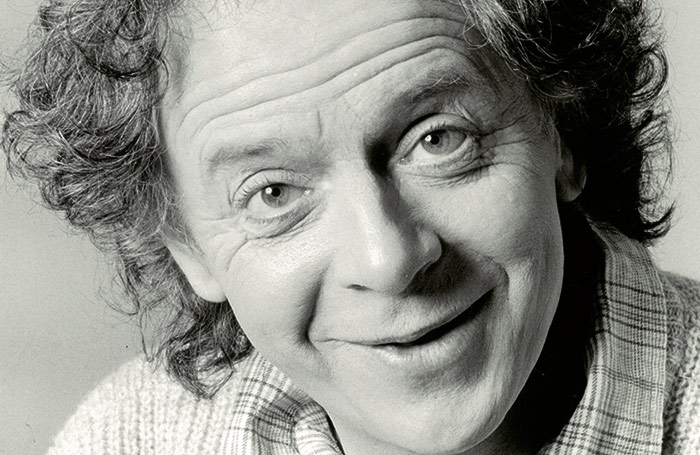Few actors could claim, as Ray Brooks could, to have changed a nation’s attitude to a pressing social problem through their work. As a direct result of Ken Loach’s hard-hitting, documentary-style TV drama Cathy Come Home (1966) – watched by 12 million viewers – about a young couple’s descent into poverty and homelessness, the homeless charity Crisis was formed, and support for another charity, the newly established Shelter, was greatly boosted by the programme’s impact.
It was a bold move for the 27-year-old Brooks to play Reg, the husband of Carol White’s title character in the drama. Only a year before, he had starred as a streetwise lothario in Richard Lester’s The Knack… and How to Get It, which won the Palme d’Or at the 1965 Cannes Film Festival. The New York Times called Brooks “the ultimate in cool”, but the self-effacing actor never envisioned himself as a leading man in films. He said in an interview in 2010, after having retired from acting: “I don’t think I was ever that good an actor, I was more an image of a young man.”
Growing up in Brighton in the 1940s with his bus conductor mother Adelaide, Brooks was urged by her to take elocution lessons to help him get on in life. After dabbling in amateur dramatics, aged 17 he joined Nottingham Playhouse as an assistant stage manager and made his acting debut there, having had no formal training.
In 1968, he landed a leading role in Michael Rosen’s Backbone, about generational conflict on a university campus, at the Royal Court Theatre in London. Soon afterwards, he was cast in the West End musical Lie Down, I Think I Love You, with Tim Curry, which only lasted 13 performances.
Peter Nichols cast Brooks as the lead in his semi-autobiographical play, A Day in the Death of Joe Egg, directed by Nichols, at Greenwich Theatre in 1971. Some years later, he returned to Greenwich in John Bowen’s Singles, with Frances de la Tour. His other notable stage appearances included Charles Laurence’s comedy Snap, with Maggie Smith (1974); Alan Ayckbourn’s Absent Friends, with Richard Briers (1976); And a Nightingale Sang (1979) by CP Taylor; and Tom Stoppard’s farce On the Razzle with the National Theatre (1981).
From the 1970s to the 1990s, Brooks was most successful in TV series such as Big Deal (1984-1986), in which he played a compulsive gambler; Running Wild (1987-1989); and The World of Eddie Weary (1990), in which he starred opposite Celia Imrie. He joined the cast of EastEnders in 2005 as the new man in Pauline Fowler’s life, leaving in 2007.
As well as his acting career, Brooks was also successful as a voice-over artist, both for animations – notably the classic children’s series Mr Benn (1971-72) – and for numerous TV commercials, including such products as Guinness, Whiskas cat food, Marmite and R White’s lemonade.
In 2009, he published an autobiography, Learning My Lines, which included passages from a diary he kept during his time in EastEnders.
Raymond Michael Brooks was born on April 20, 1947, and died on August 1, aged 86. He is survived by his wife, Sadie, and their two sons, Will and Tom. Their daughter, Emma, died in 2003.
